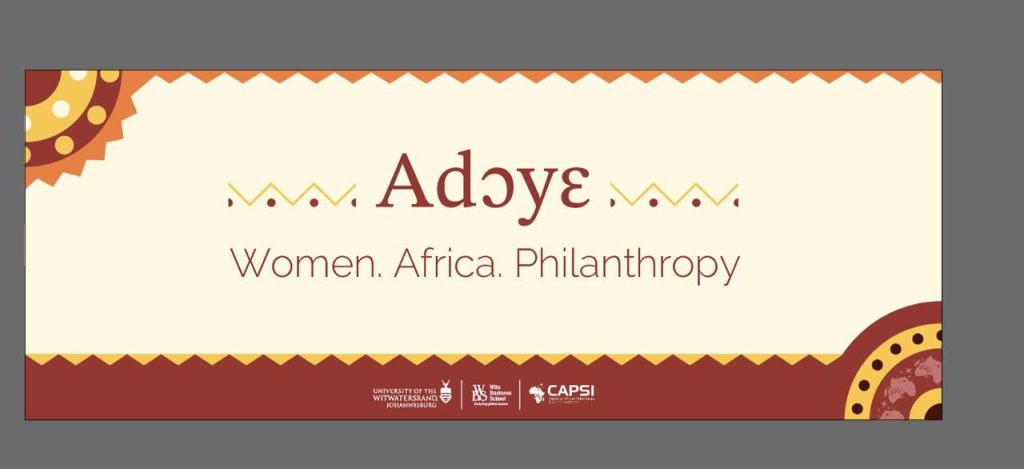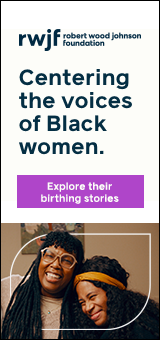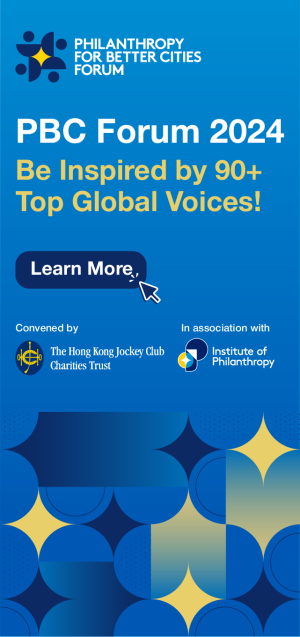Perspectives from Adɔyɛ Women in African Philanthropy and Harambee~Ubuntu pan-African and Feminist Philanthropies
Deep shifts are happening across the African continent and the African diaspora. These shifts are taking place across our collective understanding of the many ways that philanthropy is defined, in who is considered to be a philanthropist, and in our understanding of the richness and variety of historical and contemporary practices of love, mutual aid, individual and collective giving, and solidarity and support. The recent African Philanthropy Conference held in Victoria Falls, Zimbabwe, was an opportune moment to reflect on the importance of philanthropy and the ways that women are responding to multiple crises and creating new approaches to defining, redistributing, and investing money.
It cannot be underscored enough how important it is to centre women and pan-African and Feminist framings in our understanding of philanthropies. Women are investing their time as community organisers and through embedded giving practices, their talent as strategists, connectors and advisors, and their resources as every day and high-net-worth philanthropists. Understanding their various roles and contributions requires an ecosystem approach: narrative building, knowledge development, support, and advocacy efforts together with sustainable, equitable, locally owned, and driven resource infrastructure. In Victoria Falls, we had an opportunity to discuss these aspects and explore synergies as feminists, women’s rights activists and philanthropists.
The current world order and the rapidly changing political dynamics were discussed in detail, reflecting that we need to be clear and consistent with our ideological framing and understanding of philanthropy’s role in advancing justice and equity and addressing key challenges globally and across the continent.
Key questions raised include how we show allyship, solidarity and support in the context of the active silencing of voices mobilising against the genocide in Palestine? How do we uphold the fact that Palestine is a lens for what is happening in other places like Sudan and the DRC? What are our feminist duties to truth-telling, collective care and unwavering solidarity in these contexts? Interestingly these are questions that resonate with feminist movement leaders and thinkers not only here in Africa but globally.
It was opportune for us to connect, emerging collaborations – the Harambee~Ubuntu pan-African and Feminist Philanthropies and the Adɔyɛ Women in African Philanthropy initiative – reflect this. Harambee~Ubuntu is a partnership between Urgent Action Fund-Africa and TrustAfrica that seeks to re-imagine and define African philanthropic narratives and build a locally owned and driven resource infrastructure for pan-African and feminist movements and philanthropies. Its vision is ‘an ecosystem of philanthropies grounded in pan-African and feminist values and principles, with shared infrastructure and mechanisms that connect and strengthen social movements, activists and communities by moving money and other resources in service of their efforts to advance justice and equity’.
The definition of philanthropy – the love of humanity – is at the core of local ways of giving, however, institutional practices are often top-down, hierarchical and not grounded in priorities coming from social movements and feminist actors across the continent.
 The Adɔyɛ Women in African Philanthropy (WIAP) program, a part of the Centre on African Philanthropy and Social Investment (CAPSI), aims to recognise, understand, celebrate, support, and amplify the significant role and impact of women in all spheres of philanthropy in Africa. This includes women engaged in everyday and organic giving, those supporting community and civic formations, high net-worth givers, and women professionals and academics engaged with African philanthropy. The concept of ‘resources’ encompasses time, skills, expertise, social capital, assets, money, and other forms of giving. its scope is pan-African and inclusive of gender-diverse populations.
The Adɔyɛ Women in African Philanthropy (WIAP) program, a part of the Centre on African Philanthropy and Social Investment (CAPSI), aims to recognise, understand, celebrate, support, and amplify the significant role and impact of women in all spheres of philanthropy in Africa. This includes women engaged in everyday and organic giving, those supporting community and civic formations, high net-worth givers, and women professionals and academics engaged with African philanthropy. The concept of ‘resources’ encompasses time, skills, expertise, social capital, assets, money, and other forms of giving. its scope is pan-African and inclusive of gender-diverse populations.
Using these initiatives as leverage points, the participatory session encouraged participants to reflect and engage from multiple perspectives – personal, political, institutional and field – on important elements needed to advance the ecosystem and resourcing beyond conversation into action. Key questions were discussed such as what are the core values and practices of our pan-African and feminist agenda in today’s world? What does accountability look like for us individually as well as for global institutions? How do we truly centre the needs and realities of those who most experience intersecting discrimination?
We discussed what is needed to envision new kinds of partnerships; what we must challenge ourselves on and what implications this has for inclusive decision-making from within the constituencies we aim to serve. The session also included a deep dive into a new scoping study related to establishing a pan-African and feminist fund.
Reflections ranged from the importance of recognising philanthropic practices rooted in ubuntu – ways of being in relationship and community together. The definition of philanthropy – the love of humanity -is at the core of local ways of giving, however, institutional practices are often top-down, hierarchical and not grounded in priorities coming from social movements and feminist actors across the continent. How our language and politics shape our understanding and engagement with the world and the importance of building power to shape our own feminist and pan-African narratives grounded in lived experiences and practices that reflect our commitments to justice and equity for all was emphasised, as was recognising the multiple roles played by women’s diverse ways of giving.
Recognizing and mobilizing autonomous, pan-African resourcing as critical to our liberation was highlighted to counter the over-reliance on Northern financial resources. This requires enabling environments and conditions to seed funds and endowments, investing in ethically just ways, and funding following pan-African and feminist narratives and principles. We also need to shift the idea that small funds are all that are needed on the continent and that substantive resources cannot be “absorbed” or managed locally. The centering of money as the only resource that matters was discussed as well as the need to define resources more broadly to include connection, solidarity and giving.
We also recognised that change cannot happen overnight or be held by one organisation; it requires long-term commitments and the creation of various partnerships. Thus, this session, these initiatives, and related conversations are essential to building our women-centered, feminist, and pan-African philanthropic ecosystem.
Halima Mahomed is a Senior Fellow for African Philanthropy, Trust Africa.
Leila Hessini is an Algerian-American and pan-African feminist Strategist and Advisor who works with a range of feminist organizations, funds and movements advancing rights, equity, and justice.
Tsitsi Marylin Midzi is the Head of Transformative Partnerships and Philanthropy at Urgent Action Fund-Africa (UAF-Africa). She is a Zimbabwean pan-African feminist who advances African-led efforts to ground inclusive and intersectional political and feminist agendas for justice and liberation of all people of African descent.






Comments (0)